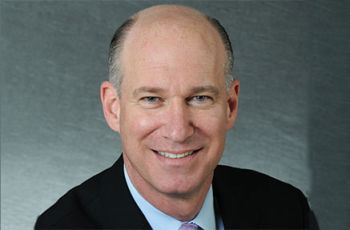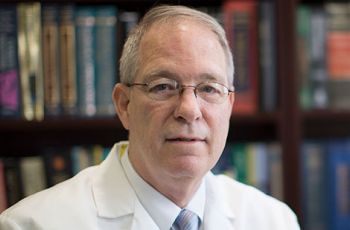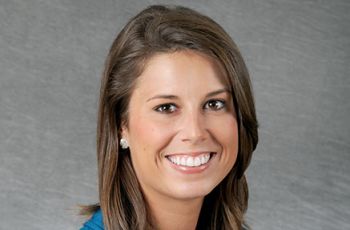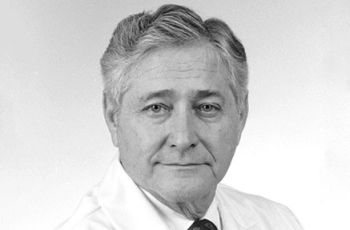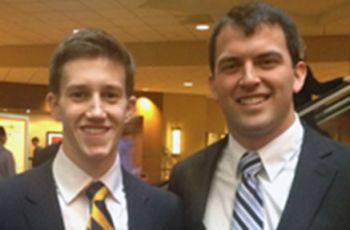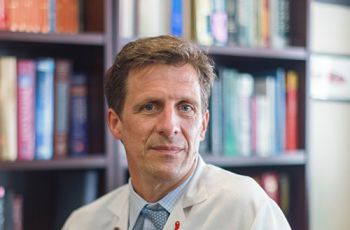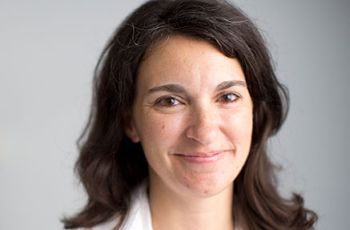News Archive
Bruno Petinaux, M.D., associate professor of emergency medicine, talked to FOX 5 News about concerns surrounding inauguration crowds and the flu. He was also interviewed on this topic by WAMU-FM (NPR) and WTOP-FM.
Jeffrey S. Akman, M.D., has been chosen to serve as the vice president for health affairs and the dean of the George Washington University School of Medicine and Health Sciences (SMHS). He will lead the academic and research mission of the SMHS and will be named the Walter A. Bloedorn Chair of…
Kathryn Marko, M.D., assistant professor of obstetrics and gynecology, spoke to The Washington Post Express about postpartum hair loss, a real, but temporary, phenomenon.
GW infectious disease expert, David Parenti, M.D., professor of medicine, was quoted in The Washington Post on ways students can keep healthy during the flu season.
The new year often symbolizes new beginnings and that couldn’t be more true for Kelsey Young, a third-year dual-degree physician assistant (PA)/M.P.H. student, at the George Washington University (GW) School of Medicine and Health Sciences (SMHS), who will begin her duties as chief delegate for…
This year’s flu season is in full swing, with District health officials reporting 310 cases since September. That’s already more than triple the amount seen last season—and there’s still about half the season left.
Driven by his passion to promote psychiatric education and awareness of mental health issues, Jerry M. Wiener, M.D., held many titles during his medical career at the George Washington University (GW). Arguably, his most important role was that of professor, advisor, and mentor to countless…
With a new year comes new leadership. Taking a lead role in 2013 are two George Washington University (GW) School of Medicine and Health Sciences (SMHS) students: Josh D’Angelo, a third-year doctor of physical therapy (DPT) student and Pete Tooley, a second-year DPT student. Both students were…
Marc Siegel, M.D., assistant professor of medicine, was interviewed by WGN Radio in Chicago on this year's unusually early and severe flu outbreak. He was also interviewed on Voice of America about the outbreak.
Lisa Catapano, M.D., Ph.D., assistant professor of psychiatry and behavioral sciences, talks to The Washington Post about her experience treating post-adoption depression syndrome.
